The miracle at Cana—that water-to-wine business—wasn’t only molecular.
Jesus wasn’t the first wine god to rise up in the Mediterranean world—Bacchus’ myth was an old story a thousand years before Jesus was born—but He was a wine god of a different sort. There was a lot of water-to-wine stuff in the Bacchus-Dionysus mythology, springs that produced wine on holy days, devotees of the god being given the power to turn water into wine, that sort of thing. The people who heard about Jesus’ miracle had heard things like that before. Pliny the Elder relates the story of a certain fountain, “consecrated to Father Liber, from which wine flows during the seven days appointed for the yearly festival of that god, the taste of which becomes like that of water the moment it is taken out of sight of the temple.”
The difference is in that last bit: Father Liber, like Eros, like the God of Israel, is a jealous god. Don’t try to take that miraculous wine out of the temple precincts, or it turns back into water. The deity has a proprietary interest in it.
Jesus’ first miracle isn’t about transmutation of beverages—it is about social anxiety. It is about shame. Some relations have not planned well for their wedding, and they are going to be embarrassed, and probably gossiped about, when they run out of wine to serve their guests. Shame related to such an occasion was a big deal in that world. This is, emphatically, not Jesus’ problem. But Jesus has a mother, and mothers of the kind He had have a good way of making things that aren’t our problem our problem, and so Jesus’ mother gives Him a nudge. Jesus is not obviously ready to be nudged, and replies: “Woman, what concern is this to us?” Mary, deploying a classic passive-aggressive maternal strategy, tells the servants: “Do whatever he tells you.”
Checkmate.
And so Jesus launches the public part of His career on someone else’s schedule in order to spare some relatives embarrassment. Embarrassment is such a little thing, it might seem, in the context of Jesus’ story: What’s a little thing like deficient event planning in a story that climaxes with the conquest of death itself?
Only everything.
Jesus doesn’t just restock the bar in a miraculous manner. He makes a grand gesture on behalf of His anxious hosts, providing wine that not only is sufficient but that is better than the stuff they had been serving before. As the evening’s master of ceremonies notes, that inverts the usual order of things: Normally, you serve the good stuff on the first round and, then, once everybody has a nice little buzz going, you serve the economy-class stuff, since they’re probably not going to notice; in the Cana case, they went from the boxes of Franzia to 1982 Chateau Lafite Rothschild. The admiring “master of the feast” remarks on the grand gesture: “Thou hast saved the good wine until now.”
This is another version of the story of the Prodigal Son. In his moment of need, the Prodigal Son returns home in shame, hoping for nothing more than a place as one of his father’s workers. “I am no more worthy to be called thy son: Make me as one of thy hired servants.” The father has other plans: “He ran, and fell on his neck, and kissed him.” And you all know the next part:
The father said to his servants, Bring forth the best robe, and put it on him; and put a ring on his hand, and shoes on his feet:
And bring hither the fatted calf, and kill it; and let us eat, and be merry:
For this my son was dead, and is alive again; he was lost, and is found. And they began to be merry.
The miracle at Cana isn’t water becoming wine—any old magician could do that sort of thing. Whatever it was that Jesus was about, it wasn’t stupid party tricks. The miracle is that the Ruler of the Universe cared about such a little thing as the social anxieties of a bunch of nobodies in an obscure little corner of the world of no particular importance, and that He loved them the way a father loves his children—and what kind of father offers just enough at a time like that when he has, at his disposal, the very best? The best robe, the gold ring, the fatted calf, the wine that was better than any wine the local whatever-was-Hebrew-for-sommelier had ever tasted? The supernatural stuff is one thing, but consider the magnificence of that gesture, the sheer audacious style of it. I do not care if you are the most cynical atheist walking the Earth—it is impossible not to admire the panache. He bends reality into a new shape, makes the universe follow new rules, to help out a friend, and He does it cool—nobody even knows what happened except for the waiters.
It wasn’t that He did the thing—it was that He did the thing because He loves us like His own children.
And He did it knowing that Golgotha was waiting.
Of course, every father knows that there is a time for saying “No,” a time for making the children work hard for something so that they will learn to appreciate it, all that sort of thing. But there also is a time for saying, “Yes,” and “Yes!” and for delighting the little ones with a gift beyond what they were expecting or even knew to hope for. Wine gods come and go—you don’t meet a lot of confessing Dionysus worshipers anymore. The difference between the Cana story and the miraculous fountain consecrated to Father Liber goes to the heart of the Christian experience and why it is so shockingly different from that which came before: God has come out of the temple, and He is bringing His gifts with Him. Everyone is invited to the party, even us prodigals whose RSVP reads: “I am no more worthy to be called thy son.”
I know a little something about that robe and that ring. I don’t drink as much wine as I used to, but I cannot think of anything more fitting to say to our Host on this Thanksgiving: “Thou hast saved the best until now.”
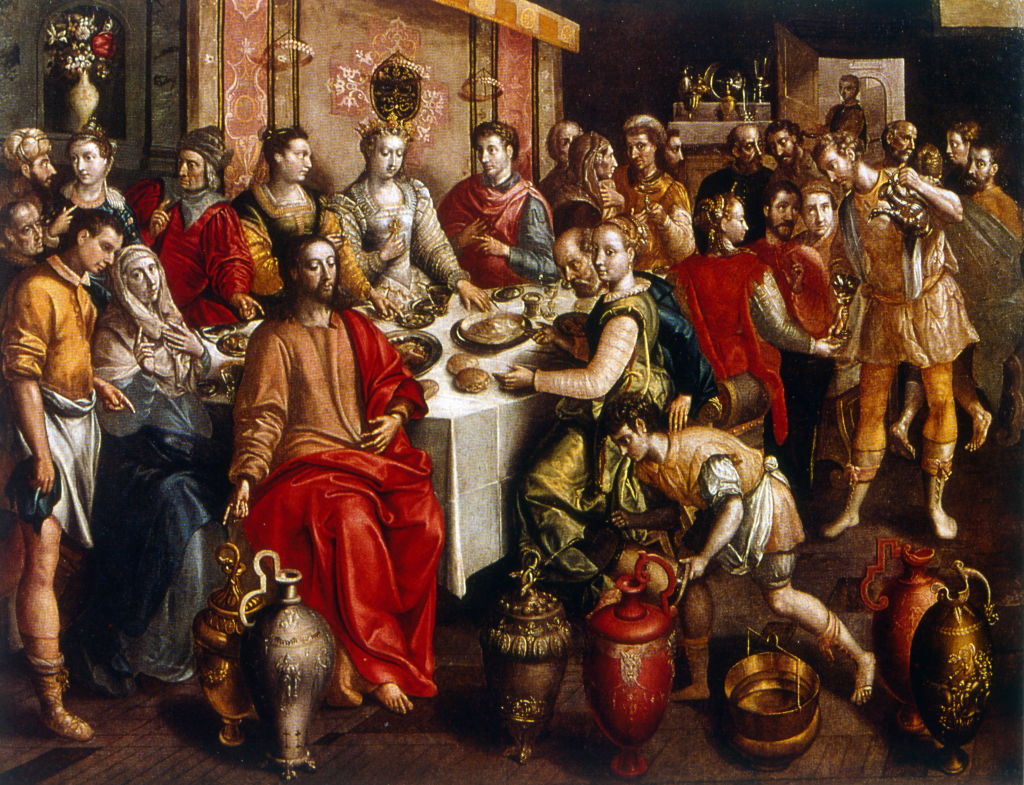


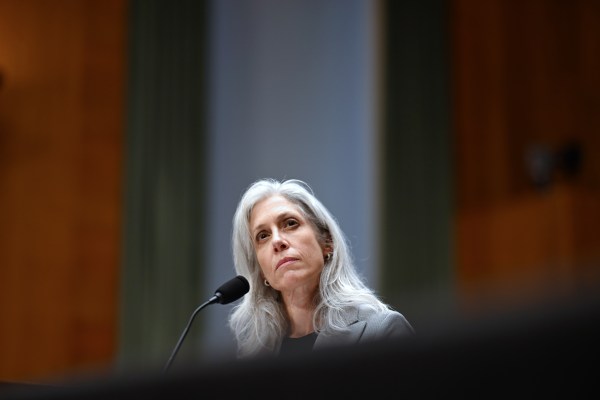
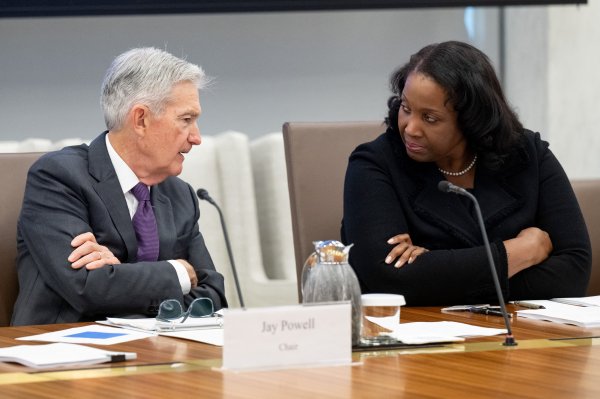
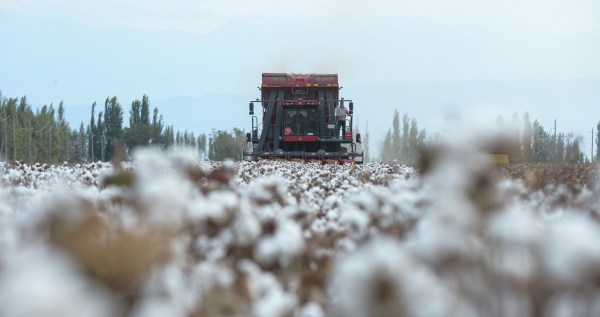
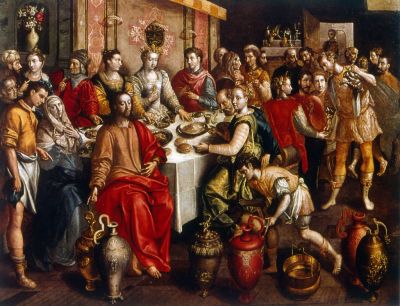
Please note that we at The Dispatch hold ourselves, our work, and our commenters to a higher standard than other places on the internet. We welcome comments that foster genuine debate or discussion—including comments critical of us or our work—but responses that include ad hominem attacks on fellow Dispatch members or are intended to stoke fear and anger may be moderated.
With your membership, you only have the ability to comment on The Morning Dispatch articles. Consider upgrading to join the conversation everywhere.